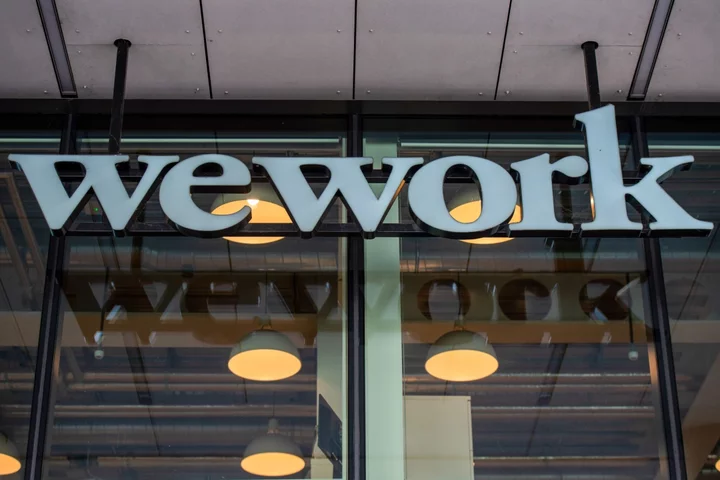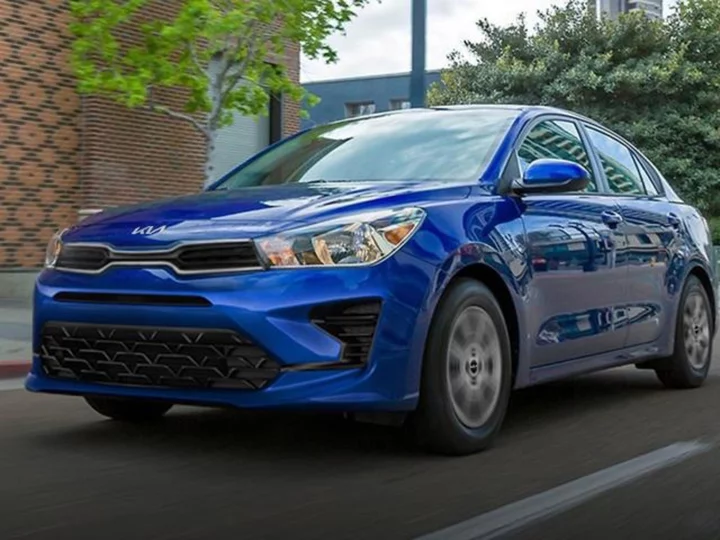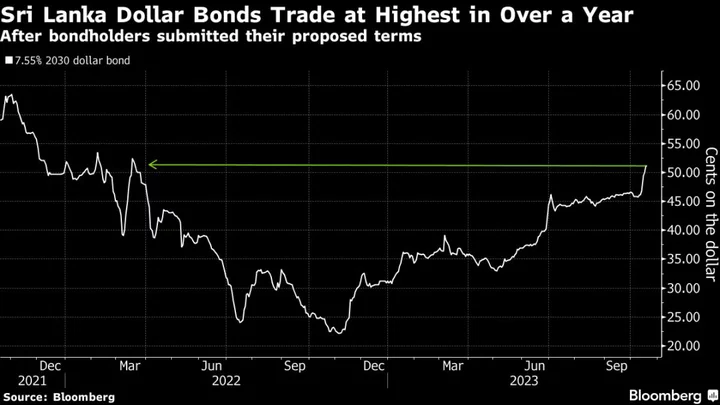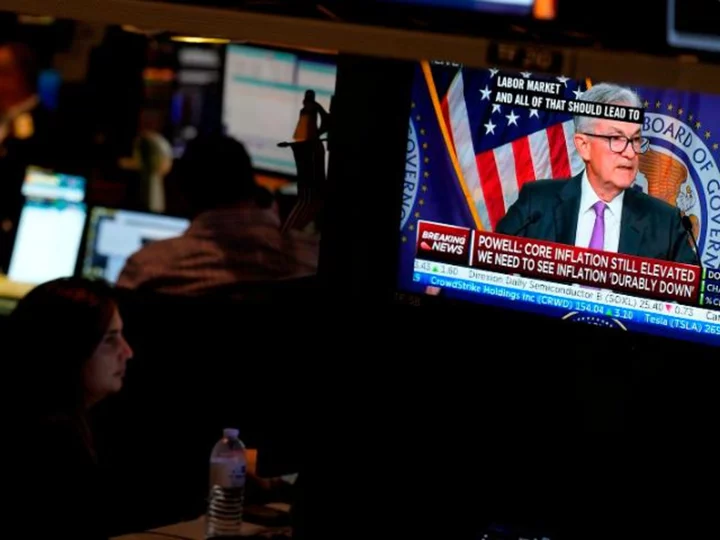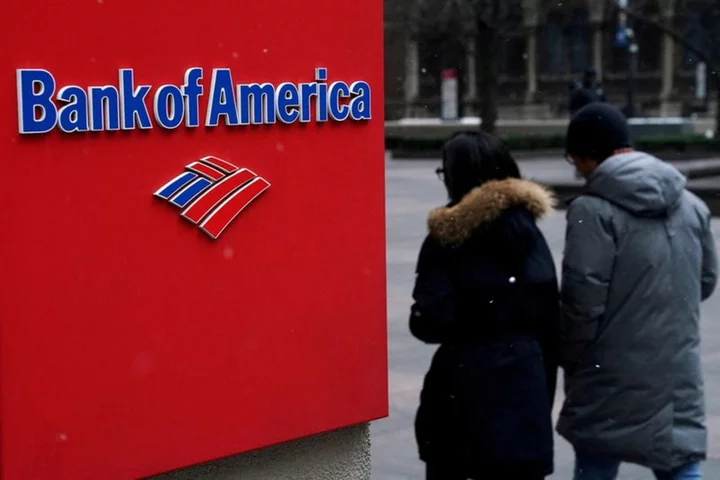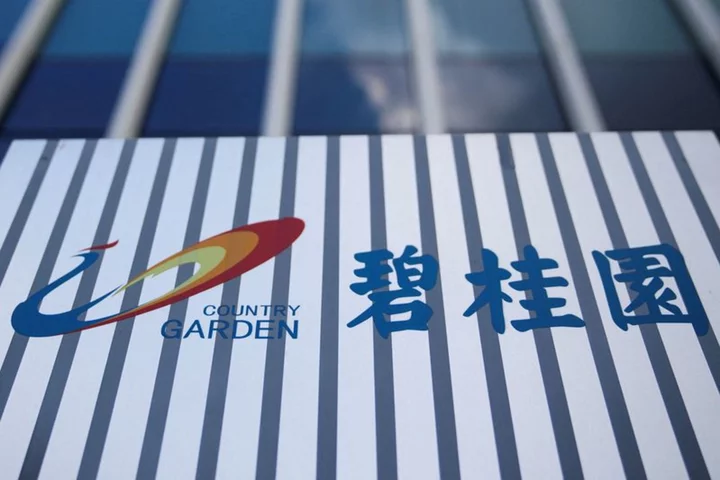The next generation of alternative, so-called carbon neutral fuels were the center of attention on and off the track over the weekend during a race in Shizuoka, Japan.
Fuji International Speedway hosted the latest installment of the Super Taikyu Series, a 24-hour endurance race featuring dozens of cars across several divisions separated by engine size and speed. In the experimental class, Toyota Motor Corp. fielded the world’s first liquid-hydrogen race car.
The Corolla H2 Concept was supposed to make its debut in March, but that was postponed after a hydrogen leak in the engine bay caused a fire. On Sunday, 24 hours after Toyota Chairman Akio Toyoda climbed into the driver’s seat surrounded by excited fans and curious reporters, it crossed the finish line.
Toyota officials said the car had no issues but there’s still much to learn about hydrogen.
“Battery electric vehicles are, of course, an important tool in our efforts to achieve net zero carbon emissions,” Toyota Chief Executive Officer Koji Sato told reporters on Saturday. “But hydrogen is an option we can’t afford to ignore.”
Elon Musk’s Tesla Inc. and China’s BYD Co. remain frontrunners in the rapidly expanding global EV market.
In April, Toyota vowed to sell 1.5 million battery electric vehicles annually by 2026. The world’s biggest carmaker has long argued that the transition to fully electric vehicles will take longer than people expect, and emissions can be reduced faster in the meantime through a multi-pronged approach that includes cars powered by batteries, hybrid motors, gasoline engines and alternative sources like hydrogen and synthetic fuels.
The H2 was originally built to run on gaseous hydrogen. While the engine hasn’t been changed, its fuel supply system was retrofitted for liquid hydrogen, which saves space and time because it doesn’t need as much bulky equipment for compression.
Still, hydrogen has its downsides. Even in a liquid state, it needs to be preserved at minus 250C (minus 418F). It’s expensive, hard to source and only as sustainable as the electricity used to produce it.
The liquid hydrogen used to power the H2 over the weekend — known as “blue” hydrogen — was produced from fossil fuels and shipped from Australia. Critics say hydrogen is far from carbon neutral if its made using fossil fuels, and billing it as such is greenwashing.
But, for better or worse, the fuel is quickly gaining traction.
On Saturday, Automobile Club de l’Ouest President Pierre Fillon announced that beginning in 2026 hydrogen will be allowed in the top division of Le Mans, the most famous endurance race in the world.
“Both technologies — the fuel cell and the hydrogen internal combustion engine — will be accepted and authorized,” he told reporters in Shizuoka.
The news came less than a week after Honda Motor Co. announced its surprise return to Formula One. The Japanese carmaker said it aims to bolster efforts to decarbonize F1 by 2030, and to use the marquee motorsport as a testing ground for efforts to slash emissions in commercial vehicles.
As the race entered its final hours on Sunday, Toyota held a demonstration of the country’s first domestically produced synthetic fuels. Produced from carbon dioxide and hydrogen, as opposed to fossil fuels, officials said “e-fuels” will become increasingly affordable and accessible, allowing drivers to keep their gasoline-powered cars even as the global automotive industry rushes to electrify.
Eneos Holdings Inc. aims to begin selling imported synthetic fuels by 2027 but domestic production probably won’t start until 2030, Chief Executive Officer Takeshi Sato said Sunday.
It still takes a day to produce one barrel of e-fuels, the oil company said. By 2050, when everybody — not just the car industry — needs to be carbon neutral, Eneos wants to produce thousands of barrels a day.
The demonstration was attend by Toyota’s CEO as well as a number of elected officials, including Japan’s Deputy Trade Minister Fusae Ota, who promised support for the development of alternative fuels through the government’s Green Innovation Fund as a key element in its controversial GX Green Transformation Policy.
The trade ministry, which previously said it would aim to commercialize synthetic fuels by 2040, announced plans on Monday to move that goal forward to the first half of the 2030s.


